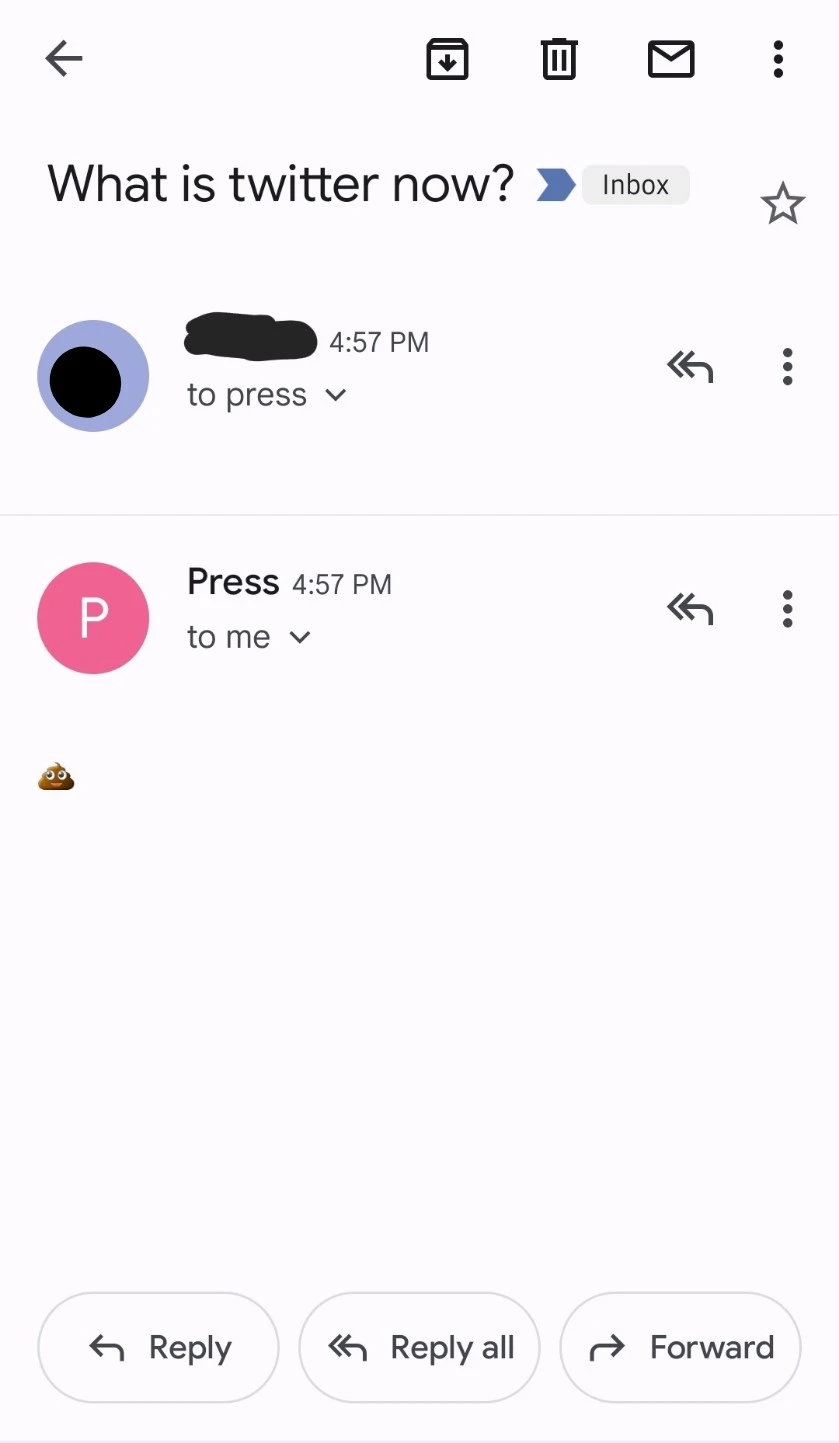

Is there a way to stop the existing abuse without introducing a different kind of abuse? Ideally, that’s what we should aim for, if possible at all.
If that’s not possible, restricting people’s freedoms in the digital world (or the real world, for that) to prevent some from abusing such freedoms doesn’t sound such a great proposition. As for “which abuse is better”, I’d argue that if I have to be abused one way or another, I’d prefer to be free and in control so I have a chance to stop it myself ;)
(what freedoms, you might say? freedoms to run my own choice of operating system, my choice of browser, etc. on a computer that I own, maybe even built myself, and not be prevented from accessing the internet at large)
I’m sure these same arguments against this were made for anti-virus software back in the beginning
And I’m sure some of those companies, or some of those companies’ employees, wrote some viruses themselves ;) But really, we can only speculate. Most are definitely legit and helpful.
The key here is, who is in control: the user of the software, or the company that made it? I’d say even for antiviruses, the user is in control, can choose a different antivirus or no antivirus at all (like me). In this Google proposal, it seems Google and other big corporations will be in control and not the user. That’s the reason why it’s bad. If I have to be abused, at least I like being in control so I can (try to) prevent it.

I wish there was some kind of “ethical ad” standard, such that we can be served ads, maybe even “relevant” ads (with relevant topics picked by users), but without any tracking or malware, and in fact, with some kind of technology that prevents tracking instead of certifying to the advertisers that the user didn’t “tamper” with their pc so they can track as much as they want (I’m not aware of such a standard or technology. Genuine question: is there such a thing?).
Heck, I’d be even in favor of a standard to “pay to disable ads”, with reasonable fees, so that websites I like get their per-view dues, but without tracking or ads. If there was some kind of technology to send money to others without being tracked, kinda like back in the day when we used to buy newspapers at the newsstand with actual cash, but digital … who said “cryptocurrency”? Right, I heard they were actually invented to be used as currency, rather than high risk investing/speculation device … anyways, let me not digress (too much) …